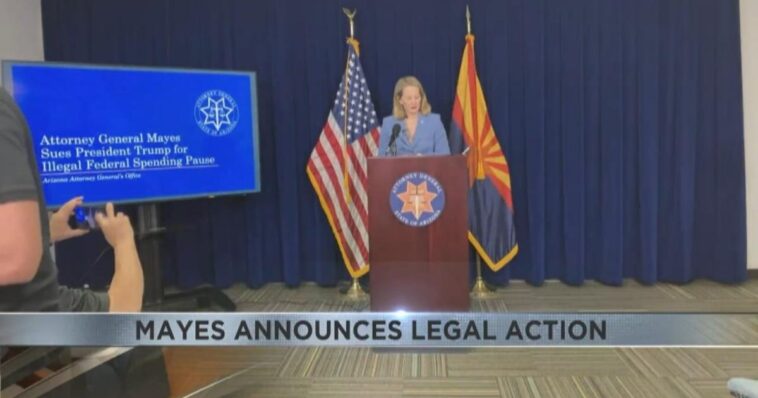

The GDPR Dilemma: Why Certain Websites are Unavailable in the EEA
Understanding the Parameters of the General Data Protection Regulation (GDPR)
The disconnect between online content accessibility for global netizens and local laws protecting citizens’ personal data continues to deepen, overlooking the universal character of the internet. This article aims to shed light on one specific landmark legislation, the General Data Protection Regulation (GDPR) of the European Union (EU), and how it impacts the way citizens from the European Economic Area (EEA) interact with foreign websites.
Deemed as one of the most stringent data protection frameworks globally, GDPR is the EU’s pivotal move towards protecting the personal data of its citizens. It regulates the way businesses collect, process, and store user data, especially sensitive personal information, demanding transparency, accountability, and most importantly, user consent. The ripple effect is seen in a text that appears on websites stating, “451: Unavailable due to legal reasons,” when access is attempted from a country within the EEA.
Navigating the Crossroads of Cyberspace and National Borders
Internet is known for its borderless nature. However, when it comes to laws like GDPR, a boundary is marked, beyond which certain content becomes unavailable. This speaks to a broader issue at play: how do we navigate the intersection of cyberspace, with its inherent sense of global community, and national boundaries, with their distinct legal frameworks?
There are varying interpretations and implementations of laws for data privacy and protection across the world. GDPR, for instance, is applicable to relevant entities irrespective of their geographical location, provided they handle the personal data of EEA residents. This extraterritorial reach has led certain non-EEA websites to deny access to EEA-based users, due to compliance complexities and potential hefty fines for violations.
Impact on Media Consumption and the Digital Divide
Restrictions on website access are not just a matter of complying with GDPR but contribute to a digital divide within the information realm. Readers from EEA countries might be alienated from consuming certain online media, fostering an information asymmetry. This, in turn, hinders the free flow of information, acting as a barrier to the much-valued concept of ‘global digital citizenship’.
While national regulations like GDPR are designed to protect individual privacy, they inadvertently create pockets of information segregation, especially if the information is sought from a non-compliant foreign website. Therefore, striking a balance between upholding privacy and ensuring free access to information remains a pressing challenge.
The Way Forward: Seeking Resolutions
The seemingly simple act of accessing a website has become mired in legal details, with users often landing on error codes instead of the desired web content. While the idea is not to undermine the importance of GDPR, the question arises: how can we move forward?
Cross-border cooperation in having universally agreed legal frameworks for online data protection is a promising starting point. It involves engaging countries and website administrators in a concerted effort to understand, respect, and implement data protection norms while ensuring accessibility. The harmonization of these policies would help in arresting the proliferation of the ‘451: Unavailable’ error that digital denizens dread.
For any further clarification or issues, feel free to contact via email at web@pinalcentral.com or call 520-836-7461. It is important to acknowledge the complexities of the digital world and work towards a more inclusive, accessible, and secure cyberspace.
Conclusion: A Balancing Act For The Internet Era
Navigating the chasm between data protection laws like GDPR and the global nature of the internet is indeed a tightrope walk. On one side, there’s the legitimate need for user data privacy. On the other, there’s the universal principle underscoring the internet: free, unhindered access to information. Achieving equilibrium calls for an understanding of both these dimensions, initiating dialogues, forging collaborations, and establishing regulatory harmonization across borders – a true balancing act for the digital age.
Originally Post From https://www.pinalcentral.com/politics/arizona-ag-joins-battle-over-over-suspended-federal-funds/article_471433b4-de92-11ef-af68-531f0aaf793e.html
Read more about this topic at
EPiServer.Global
Posts with replies by Julie Wilcock (@JWilcockRedcoat) / …

